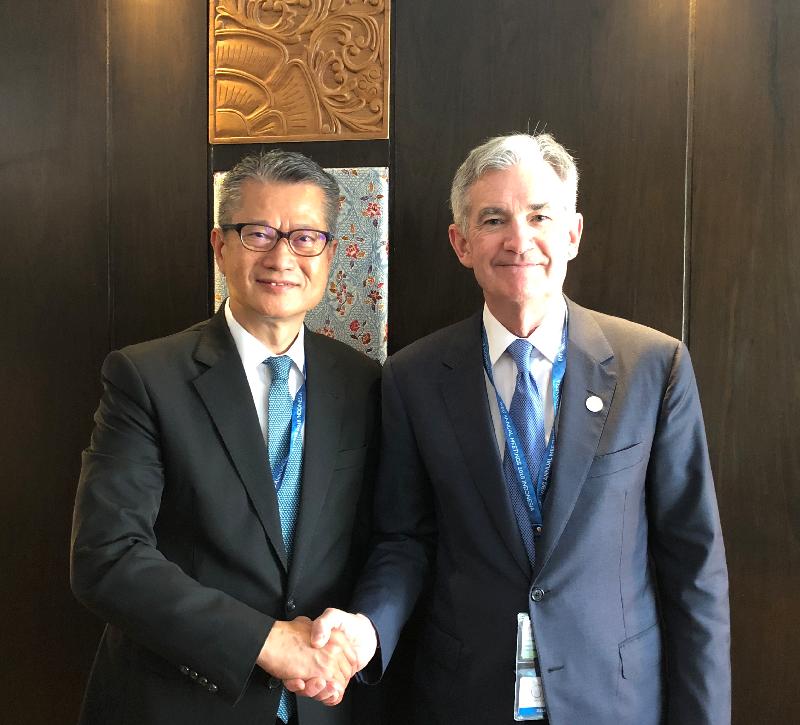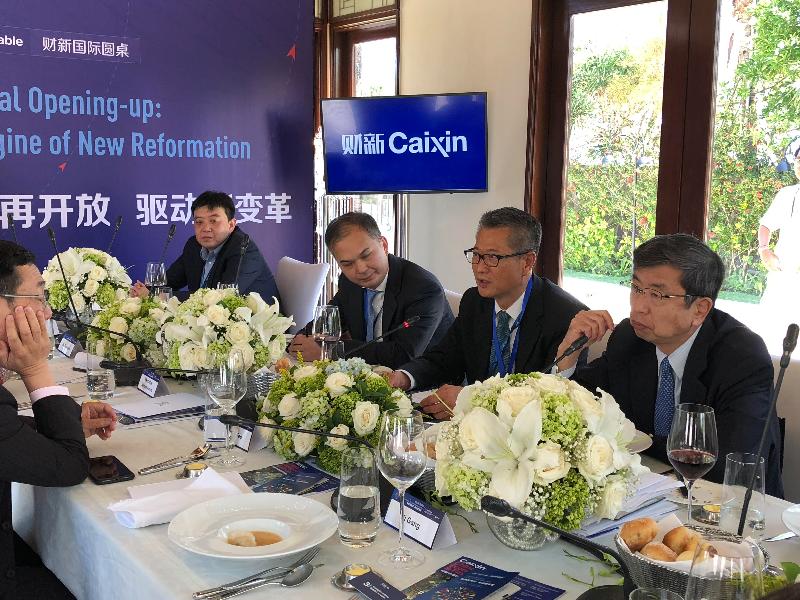Labour Department highly concerned about fatal work accident that happened today
The Labour Department (LD) is highly concerned about the work accident that happened at a construction site in Tin Shui Wai this afternoon (October 11), in which a male worker while working inside the hoistway of a material hoist, fell from 4/F to 2/F as the receptacle descended suddenly. He was certified dead in hospital. The LD is saddened by the death of the worker in the accident and expresses its deepest sympathy to the victim's family.
The LD's spokesman said, "We commenced immediate on-site investigation as soon as we were notified of the accident and have issued suspension notices to the contractors concerned to suspend the use of the material hoist involved and the work inside the hoistway of the hoist. The contractors cannot resume the work process until the LD is satisfied that measures to abate the relevant risk have been taken."
The spokesman added, "We will complete investigation as soon as possible to identify the cause of the accident, ascertain the liability of the duty holders and recommend improvement measures. We will take actions pursuant to the law if there is any violation of the work safety legislation."
The general duty provisions of the Factories and Industrial Undertakings Ordinance require employers to provide safe working environments, safe plant and safe systems of work for their employees. Those who contravene the above provisions are liable to a maximum fine of $500,000 and imprisonment for six months.
In regard to today's accident, the LD will issue a Work Safety Alert through its website and email, giving a brief account of the accident concerned to duty holders, workers' unions, professional bodies of safety practitioners and others, and reminding the industry of the importance of following safety precautionary measures to prevent recurrence of similar accidents.
The LD will also remind the employer concerned of the liability for employees' compensation under the Employees' Compensation Ordinance, assist family members of the deceased to claim employees' compensation and closely follow up on the case. If family members of the deceased have financial difficulties, the LD will assist them to apply for appropriate emergency funds. Subject to the needs and wishes of family members of the deceased, the LD will also liaise with the Social Welfare Department for financial or other assistance.
For the sake of securing the safety and health of employees at work, the LD appeals to employers to provide plant and systems of work that are safe and without risks to health. Employees should co-operate with their employers, adopt all safety measures and use personal protective equipment provided properly to avoid endangering their own work safety and that of other workers.


